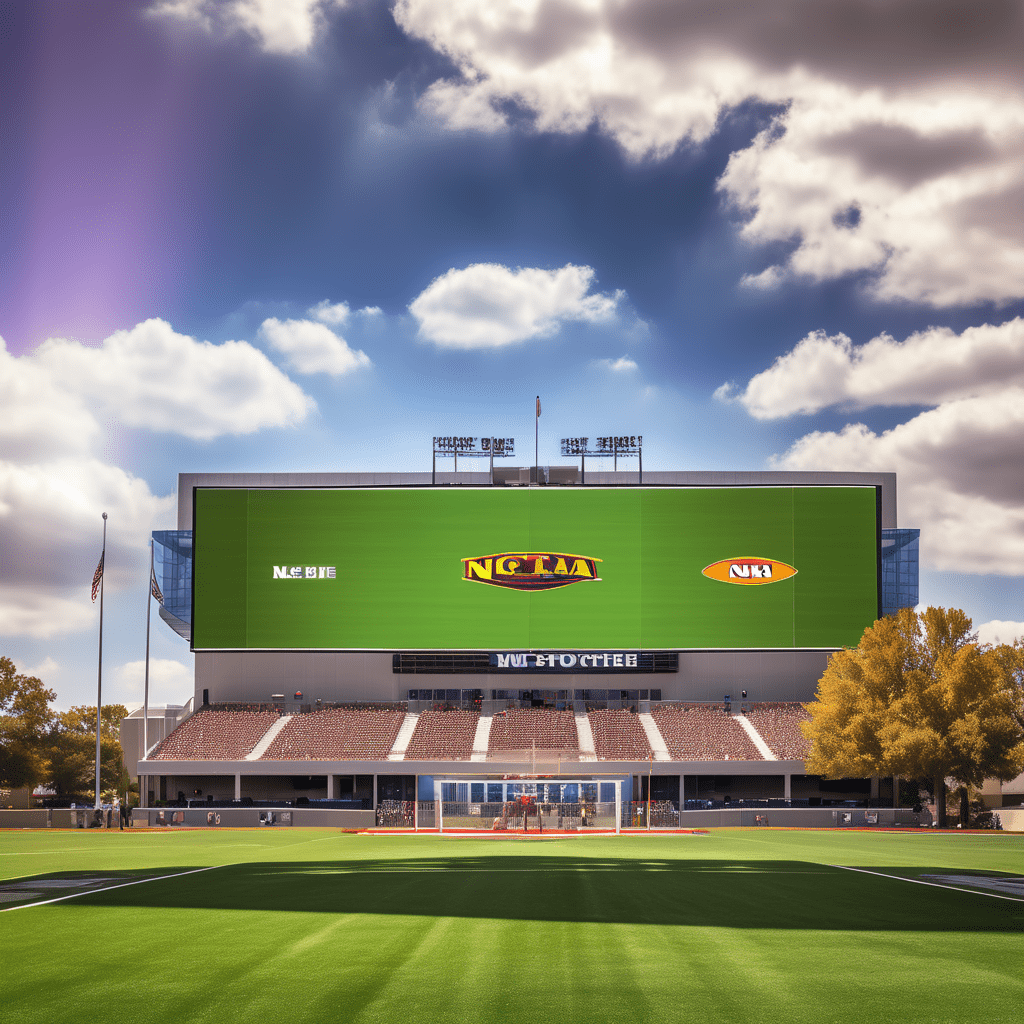The National Collegiate Athletic Association (N.C.A.A.) is delving into allegations of recruiting violations within the University of Tennessee’s football program. The investigation centers on a prominent donor collective comprised of alumni and wealthy boosters who provide financial support to players. The focus includes examining the collective’s involvement in flying a high-profile recruit, Nico Iamaleava, to the campus on a private jet during the team’s recruitment efforts.
Violation of N.C.A.A. Rules and Previous Penalties
Paying for the recruit’s trip, which eventually led to Nico Iamaleava becoming the starting quarterback, could constitute a violation of N.C.A.A. rules. This investigation follows previous penalties imposed on Tennessee for recruiting violations, underscoring the N.C.A.A.’s growing apprehension regarding the influx of money into college sports facilitated by donor collectives.
Potential Ramifications for High-Profile Programs
The outcome of this investigation could significantly impact high-profile programs nationwide, particularly in football, where donor collectives have transformed the economic landscape of the sport. Tennessee officials are concerned about potential severe consequences, such as postseason bans and player disqualifications, given the program’s existing probation for previous recruiting infractions.
The Rise of Donor Collectives in College Sports
Exploiting Name-Image-Likeness Deals
Donor collectives, organized groups of alumni and boosters supporting college teams, have gained prominence in recent years by leveraging name-image-likeness (N.I.L.) deals. These collectives play a pivotal role in providing substantial financial benefits to athletes. Notably, Nico Iamaleava, Tennessee’s quarterback, has a reported $8 million deal with the school’s collective.
Proliferation of Donor Collectives
The New York Times reports at least 140 collectives operating at schools with major football and basketball programs, constituting approximately 80% of all N.I.L. payments to athletes. Despite N.C.A.A. rules prohibiting explicit cash offers to recruits, collectives have become integral to recruitment strategies, offering lucrative deals to retain star players.
N.C.A.A.’s Struggles and Legal Challenges
Erosion of N.C.A.A.’s Regulatory Power
Court losses have hampered the N.C.A.A.’s ability to regulate collectives effectively. Recent legal challenges, including an antitrust lawsuit by seven states, highlight the organization’s difficulties in governing its members. N.C.A.A. President Charlie Baker has sought an antitrust exemption from Congress to address these challenges.
Tennessee’s Unique Case
The N.C.A.A. investigation into Tennessee’s football program examines the Volunteer Club, one of the country’s wealthiest donor collectives, closely linked to a marketing agency called Spyre Sports Group. Last year, the Volunteer Club claimed to have raised $13.5 million for Tennessee athletes.
Challenges and Controversies Surrounding Donor Collectives
Athlete Contracts and Tax Deductions
Donor collectives have creatively navigated N.I.L. rules, signing athletes to substantial contracts for minimal work to retain them at their chosen schools. Some collectives, organized as nonprofits, allow donors to claim tax deductions for their contributions.
Recent N.C.A.A. Actions Against Schools
The N.C.A.A. has recently taken action against schools for name-image-likeness payments from boosters. While mild penalties were imposed on the University of Miami last year, Florida State faced more severe consequences this month after a football coach facilitated a meeting between a potential transfer student and a collective representative.
Navigating a Changing Landscape
The investigation into Tennessee’s football program underscores the complex challenges and controversies surrounding donor collectives in college sports. As the N.C.A.A. grapples with its diminished regulatory power, schools and collectives navigate a rapidly changing landscape, reshaping the dynamics of collegiate athletics.









Leave a Reply